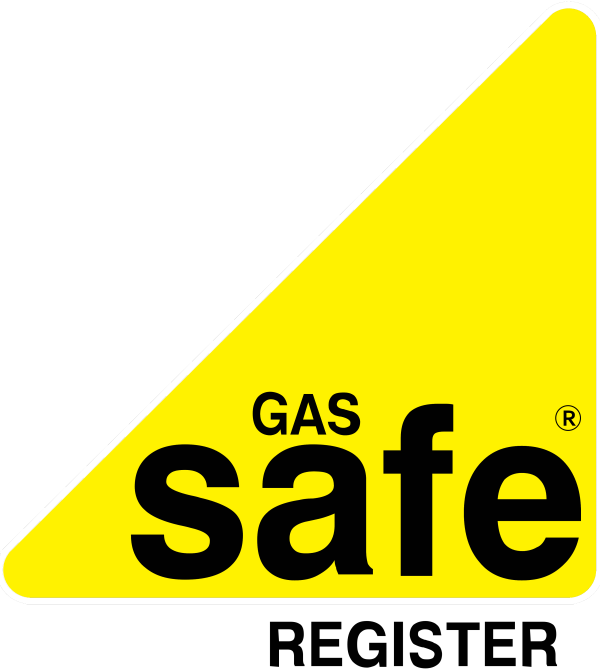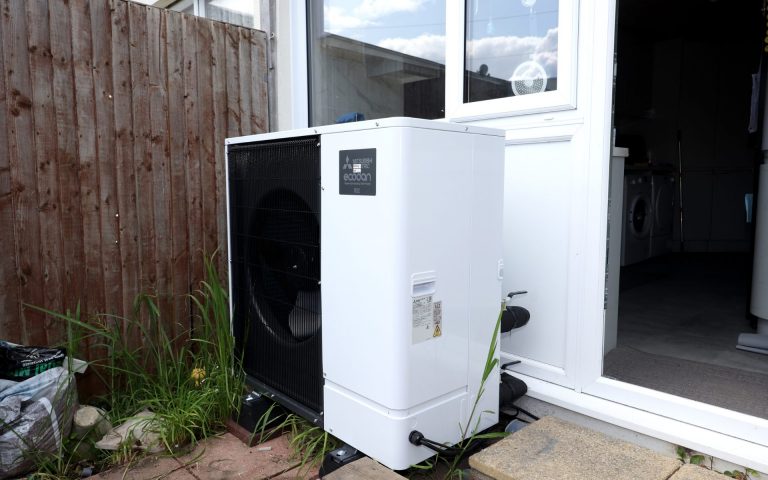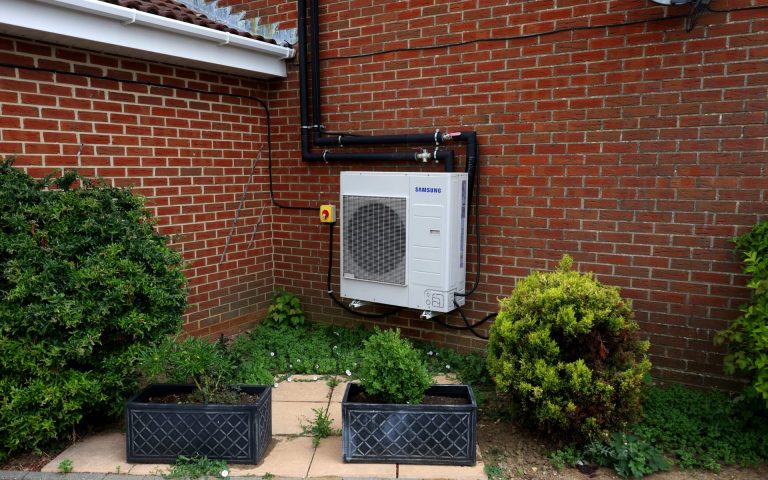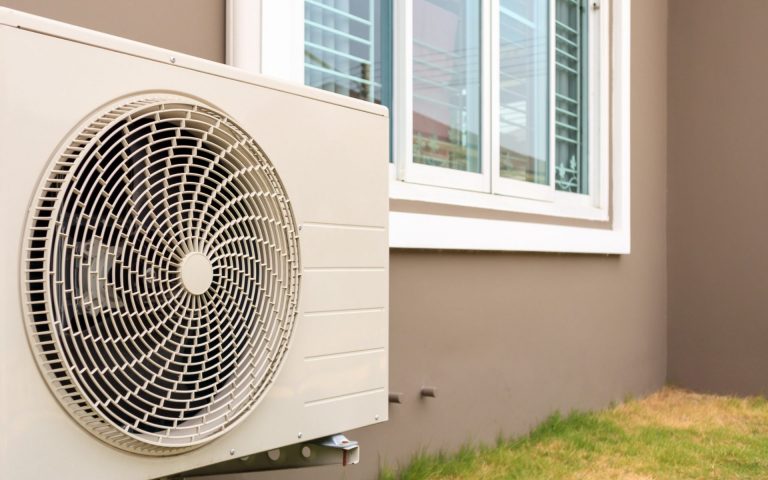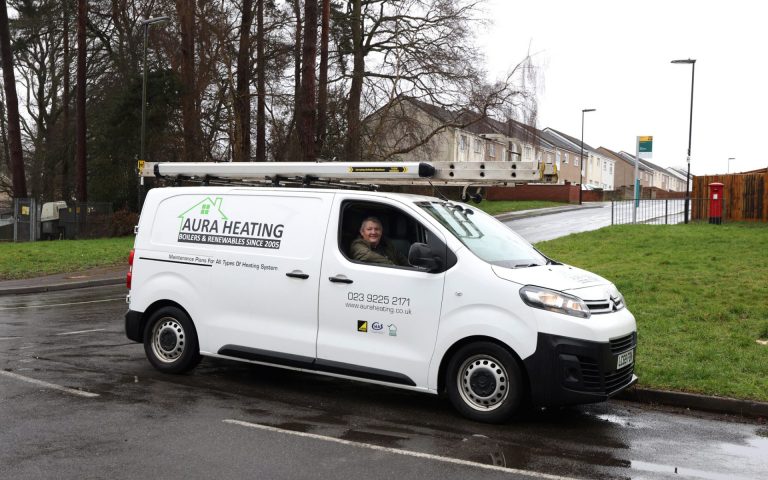A couple of weeks ago we talked about a potential boiler ban. This week we’re looking at how boilers will have a place in a low-carbon home heating future – With green gas.
We’re sure you’re all aware that current methods of heating rely on the natural gas made from fossil fuels. This releases a lot of carbon into the atmosphere, which is not good for our planet. Not to mention, supplies of fossil fuels are starting to run low.
Green gas is a brilliant alternative to natural gas. It’s made from organic materials like crops, food and animal waste. Making the switch to green gas is not only better for our planet, but would also help to put an end to our dependence on fossil fuels.
What is green gas?
The proper name for green gas is biomethane.
How is green gas made?

When organic materials are broken down through anaerobic digestion (without oxygen) they release biogas. This isn’t quite green gas yet and cannot be used in that state on the gas network. Once purified to make biomethane however, made into green gas, it can be used by your gas boiler to heat your home.
The types of organic materials that can be used to make green gas are manure, food waste and crops.
You may be curious as to whether this process creates any waste products. As well as creating biomethane gas, there is also a residue that gets left behind. This residue is called digestate and can be used as a fertiliser – Definitely a good kind of waste product that can be used!
Is green gas a form of renewable energy?
More and more people want to do their bit to help the environment and subsequently the planet. Renewable energy is a big part of that.
As we start to ask ourselves questions of what more we can do, in an effort to create real change, it makes sense that you might want to know if green gas is considered a form of renewable energy.
The good news is that there will always be plenty of fuel to make green gas because of how it’s made. Compared to fossil fuels, the organic materials needed to make green gas (food waste, crops, grass, animal waste) are all in constant supply. Also, unlike fossil fuels, there is a relatively short timescale too, so it’s easily renewed.
Is green gas good for the planet?
Currently, the majority of homes are heated by natural gas. As this comes directly from fossil fuels, it’s really not good news for the planet.
When natural gas is burned it releases carbon into our atmosphere. This is one of the leading causes of climate change. A big topic of conversation at the moment.
The good news is that green gas seems to hold the answer, largely due to it being carbon neutral.
Why is using green gas carbon neutral?
The process of using green gas is carbon neutral because the only carbon that gets released into the atmosphere when it’s burned, is only carbon that was originally absorbed by the organic materials in the first place.
Let’s look at an example – Grass. Like anything, as the grass grows it absorbs carbon. So if that grass was then made into green gas via anaerobic digestions then only the carbon that the grass originally absorbed would be released when that green gas was burned. New grass that was growing would then absorb that same amount of carbon, and thus creates a carbon neutral cycle.
The really great thing about green gas is that not only is it a carbon neutral process, but it can still be used by boilers to heat our homes and give us hot water. So all of the home heating without the extra carbon emissions.
Are green gas and greenhouse gases the same thing?
In short, no.
Green gas is not at all like greenhouse gases.
Greenhouse gases, like carbon dioxide and methane, cause heat to get trapped in the atmosphere and gradually results in the planet heating up.
When we heat our homes with natural gas, our boilers release carbon into the atmosphere every time, which of course adds to the levels already in our atmosphere.
What are the benefits of switching to green gas?
The more people choose to switch to green gas to heat their homes rather than natural gas, the more we can reduce the level of carbon emitted into the atmosphere.
The benefits of using green gas to heat our homes instead of natural gas would be:
- Using a more sustainable source of energy (instead of relying on dwindling sources of fossil fuels)
- Preventing millions of tonnes of waste from ending up in landfills or being left to rot. If the waste is left to rot in landfill it produces methane which adds to greenhouse gases, instead of being recycled back into useable fuel.
- Reducing the amount of carbon emissions from home heating
- Giving the appliance we all rely so heavily on – the boiler – a place in our homes when making a switch to low-carbon heating methods
We’ve seen the pros – Are there any cons to using green gas?
So far, it seems like switching to green gas is a bit of a no-brainer.
The big things with green gas as an alternative are that it is made from more sustainable sources and can be used with our current gas boilers. There are very few downsides! But are few obstacles to overcome before this can become more mainstream.
- As we mentioned above, there are very few suppliers currently offering green gas tariffs, and the majority of those aren’t 100%.
- Unfortunately, it is currently more expensive to use green gas to heat our homes than natural gas.
- More anaerobic digesters would be needed to break down organic matter into gas, which would require big investments.
Can I use green gas to heat my home now?
You might be wondering if it’s possible to switch to green gas now. The answer is yes!
If you choose the right energy supplier, you can join one of the 1 million UK homes that are already heating their homes with green gas.
Unfortunately, there aren’t many suppliers that currently offer green gas tariffs (and some don’t offer 100% green gas). Fortunately, it is estimated that from 2050 there will be 10 million households heating their homes with a supply of green gas, so more providers are likely to appear on the horizon.
If you’re thinking about making the switch, always speak to your boiler manufacturer or a boiler expert like Aura Heating to make sure your current boiler can work on green gas to heat your home. If you need a new boiler, then think about switching to a greener one.
Do I need a green boiler to use green gas?
There’s not actually any such thing as a ‘green boiler.’ The closest that we have currently is a modern condensing boiler.
If you haven’t got a condensing boiler, then you might want to consider replacing your current boiler with a condensing one, especially if you will soon be in the market for a new one.
Modern day condensing boilers are very efficient – You might even feel like you’ve replaced your old boiler with a green one.
The reasons why condensing boilers are more efficient are because they burn less fuel so subsequently emit less carbon. Not only does this help the environment, it also lowers your heating bills!
The technology used in a condensing boiler means that it can retain more heat by using the same amount of gas that a non-condensing boiler would use.
If you like what you’re reading about green gas and are planning to try to make a switch, then you’ll need to find a supplier that offers a green gas tariff. You will also need a greener boiler! So do consider replacing your boiler with a condensing one the next time you’re in the market for a boiler.
For a free boiler quote, head to our website. Or give our friendly team a call to talk through your boiler options on 02392 252171.
